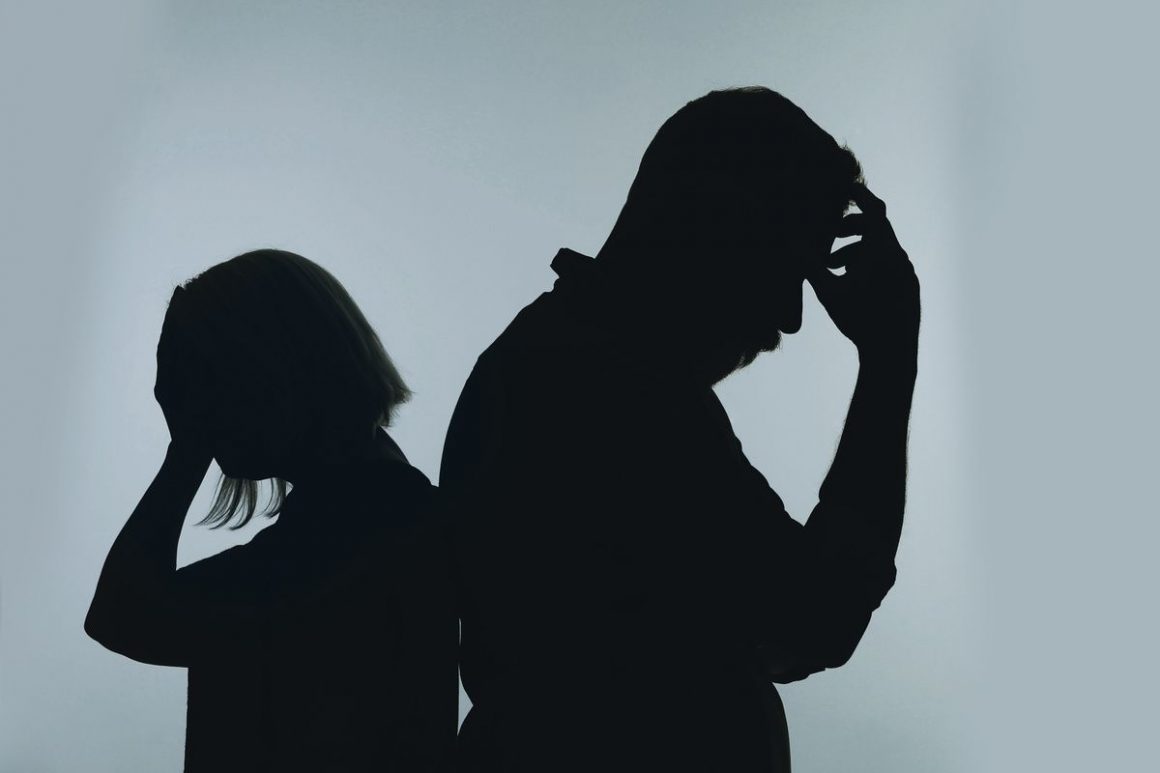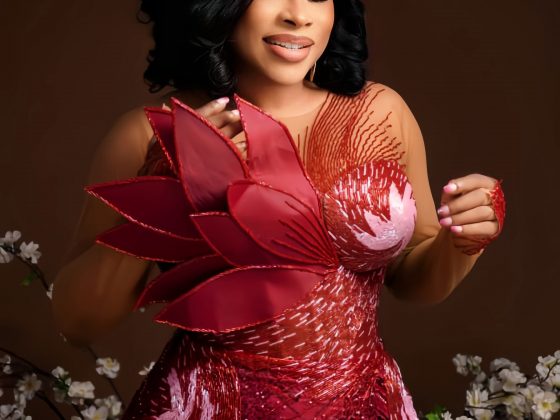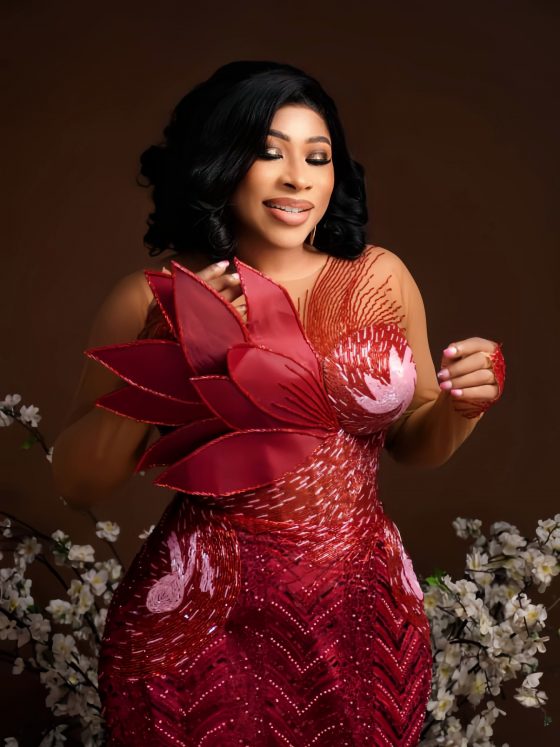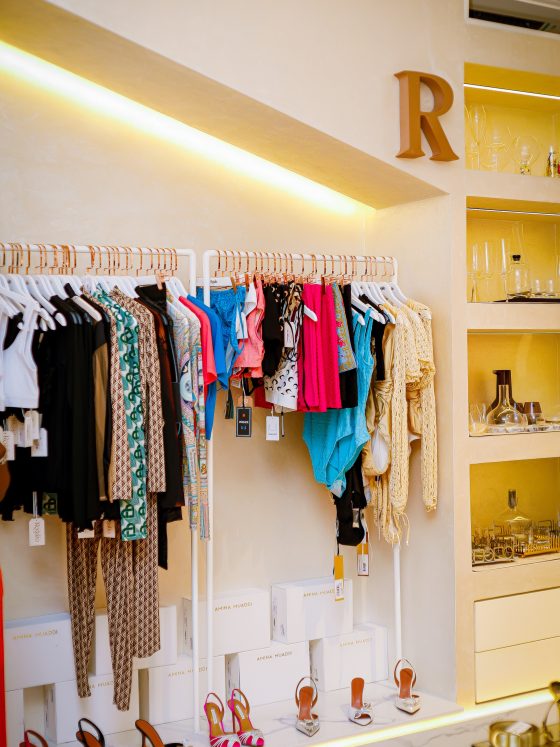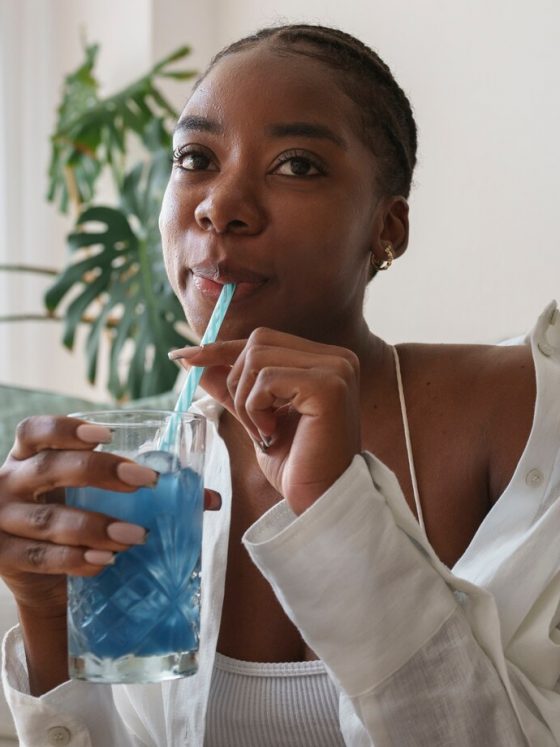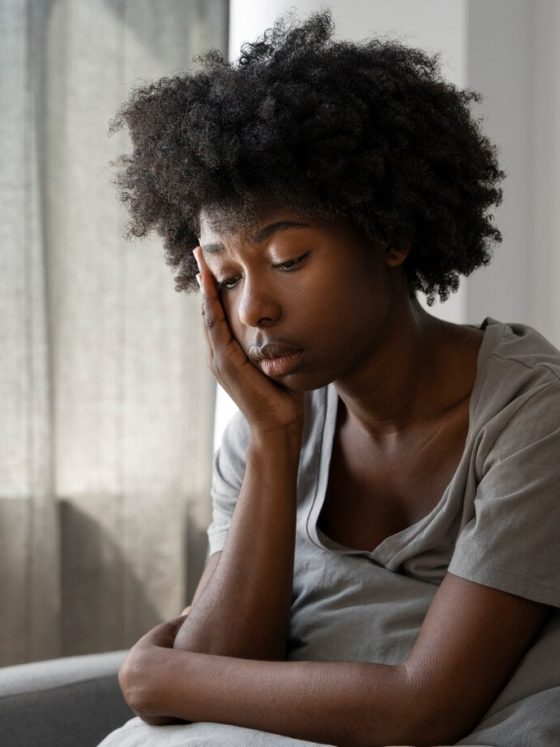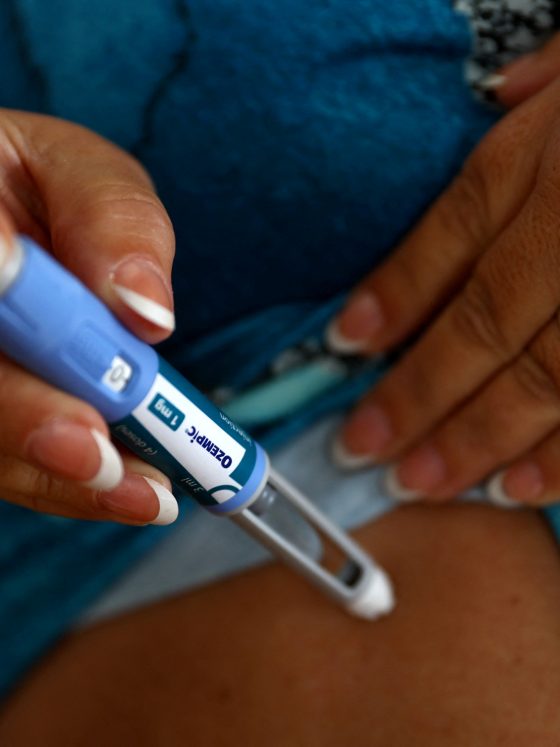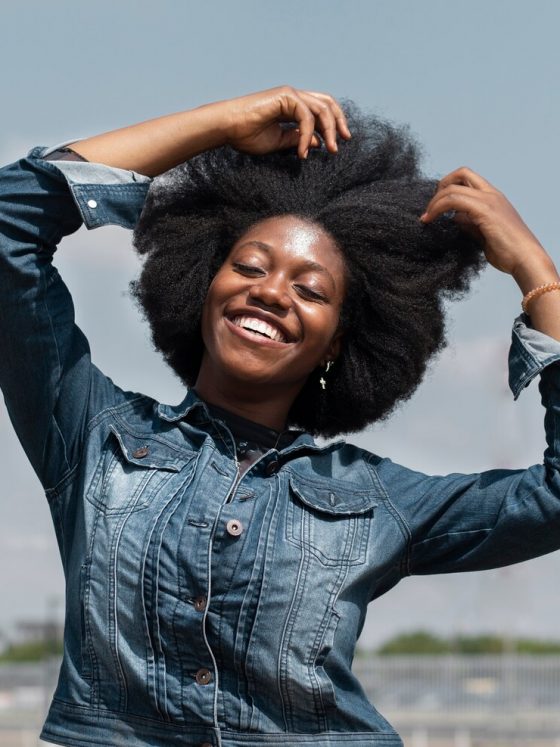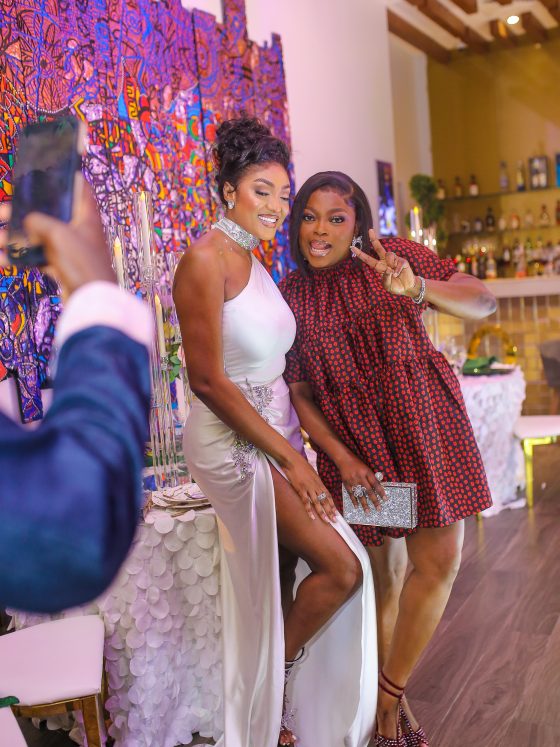It begins quietly. A delayed reply. A subtle shift in tone. A “hey” instead of the usual “hey babe.” Then comes the internal monologue: What did I do? Are they losing interest? Is someone else in the picture? And just like that, a romantic evening becomes a mental battlefield. The wine is still flowing, the room is still dimly lit, but there are now three of you at the table — you, your partner, and your anxiety.
We don’t talk about it enough, but we feel it deeply. Relationship anxiety, once an obscure concept tucked away in the annals of psychology, has taken centre stage in modern romance. And in today’s hyper-connected, pressure-cooked Nigerian society — where romantic expectations are high, timelines are short, and social media provides endless comparisons — it’s not just common, it’s epidemic.
“In our parents’ time, love was simpler,” says a Lagos-based relationship psychologist. “Today, young people are dating with a hundred open tabs in their minds. They’re juggling societal expectations, digital scrutiny, personal trauma, and unrealistic ideals all at once.”

So, what exactly is relationship anxiety?
It’s the persistent fear that something is wrong, even when everything seems fine. It’s not necessarily tied to red flags or major betrayals — in fact, it’s often at its loudest in quiet moments when nothing is happening. It’s a gnawing uncertainty. A need for reassurance. A tendency to second-guess your worth, your partner’s intentions, and the future of the relationship, often simultaneously.
And it doesn’t discriminate. You can be madly in love, in a “healthy” relationship, and still be haunted by what-ifs. What if they fall out of love? What if I’m too much? What if they meet someone better?
In Nigeria, where so much of love is tied to status, marriageability, and gender roles, these fears are even more heightened. You’re not just dating a person — you’re dating their tribe, their expectations, their family WhatsApp group, and sometimes, even their pastor’s vision board. At 30, every “how far?” from an auntie can feel like a ticking time bomb. For men, there’s pressure to be “ready” — emotionally, financially, spiritually — and the fear of failing at any of these metrics can manifest in withdrawal and avoidance.
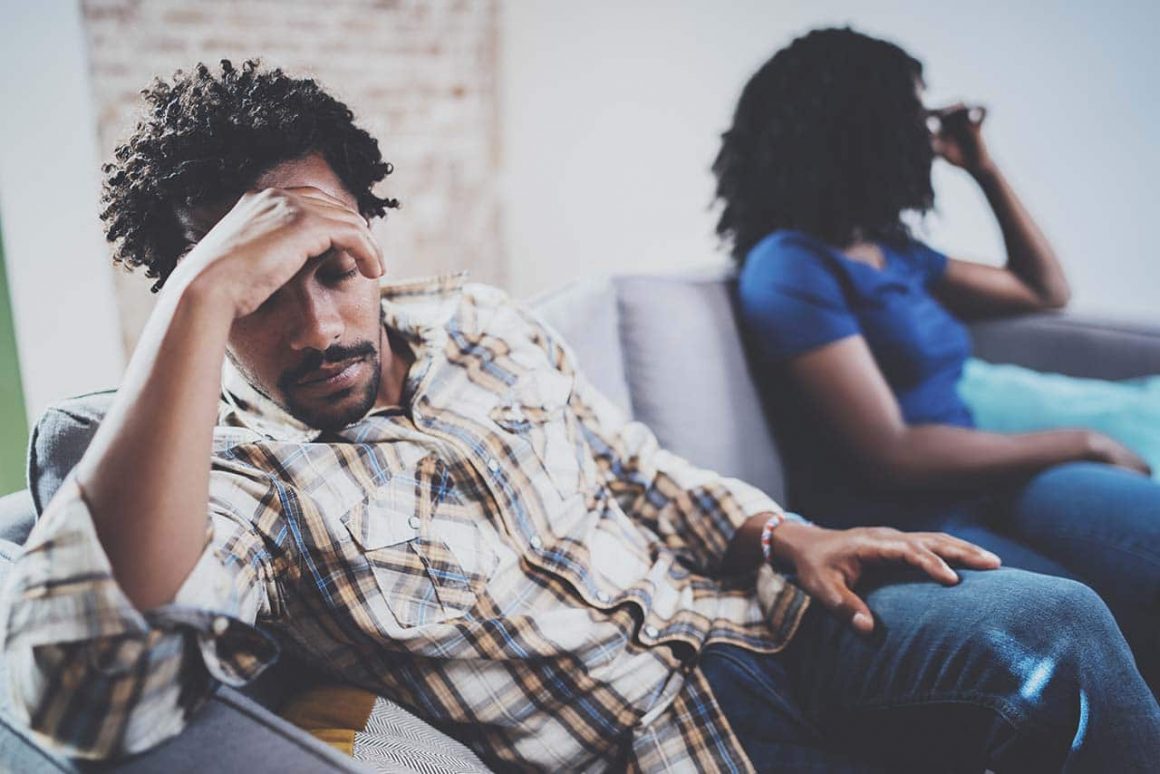
“We’re a generation obsessed with getting it right,” says a media personality and relationship commentator, Amaka B. “But in the process, we’re so scared of heartbreak, we end up emotionally unavailable ourselves.”
Where does it all come from?
A cocktail of things: past trauma, childhood attachment wounds, inconsistent parenting, and — let’s not pretend — social media. We now live in an age where one badly lit photo on Instagram can set off a 48-hour anxiety spiral. You post them; they don’t repost you. You see them online, but your message is still blue-ticked. You check their followers and see a new pretty face. It sounds ridiculous until it happens to you. And suddenly, you’re not present in your own relationship — you’re just investigating it.
But the problem with relationship anxiety is not just that it’s exhausting — it’s that it’s self-sabotaging. In trying to avoid disappointment, we sometimes create it. We test our partners, push them away, withhold affection, become clingy, or constantly ask for reassurance. And yet, none of these things truly soothe the fear. They only feed it.
The Nigerian twist
In our culture, relationships aren’t just emotional — they’re social capital. From the moment you start dating, everyone has an opinion. Friends ask if he has “plans.” Parents want to know if she can cook. Society constantly reminds you that time is ticking, that you should be settled by now, and that being single past a certain age is a failure in disguise.
This external pressure becomes internalised, breeding anxiety about meeting deadlines. Should we have moved in together by now? Should we be talking about marriage? Is it too soon to introduce them to my parents? Why did their ex get a ring in a year, and I’m still waiting?
And for many women, especially, the stakes feel even higher. Anxiety about being “chosen” becomes a silent epidemic. The fear of wasting time. Of becoming another “almost bride.” Of being good but not good enough.
It’s no wonder so many people say their relationships feel crowded. Because even when it’s just two of you, there’s always one more: anxiety. Lingering. Watching. Waiting for cracks.
What’s the way out?
First, recognition. Knowing that what you’re experiencing isn’t madness — it’s human. We are wired for connection but also for protection. Relationship anxiety is often your brain trying to preempt pain. But the irony is: in trying to avoid hurt, you end up hurting yourself — and your partner.
Second, communication. Not performative check-ins or manipulative reassurance-seeking — but honest, vulnerable conversations. Saying, “I’m feeling a bit insecure today, and I’m working through it”, rather than, “Who’s that girl that liked your photo?”
And lastly, self-awareness. Are you reacting to your partner, or are you reacting to your past? Are you afraid they’ll leave you, or are you just afraid of being left again?
Therapy helps. So does journaling, mindfulness, and choosing partners who are emotionally safe. But even more powerful is learning to sit with discomfort. To stop asking anxiety to leave the room, and instead learning to keep loving even when it shows up.
Because real intimacy isn’t about the absence of fear — it’s about feeling the fear and choosing connection anyway.

